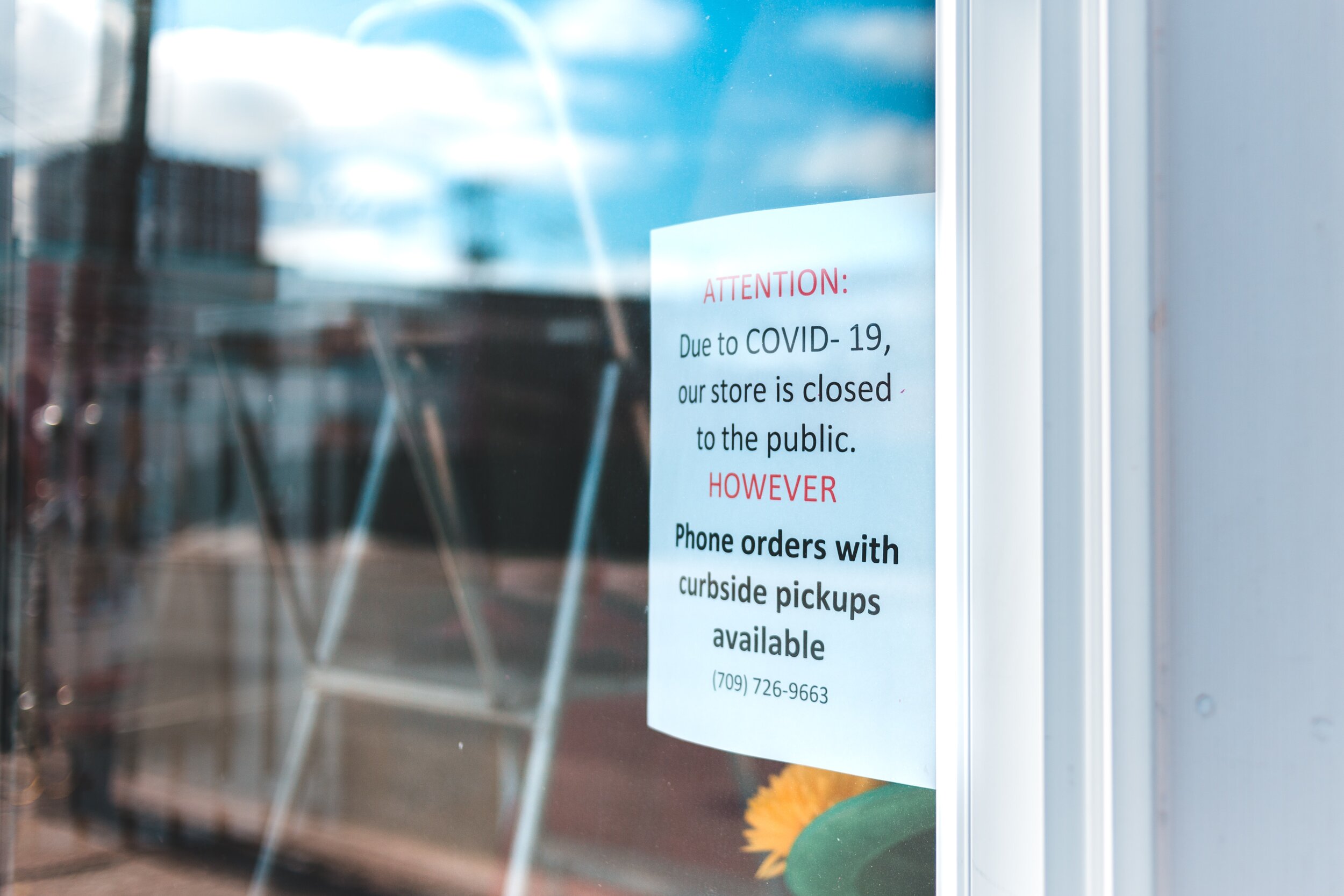
News

A new tool to help Kentuckians understand benefits cliffs
Workers in low-wage jobs often do not earn enough to make ends meet. As a result, many workers in low-wage jobs rely on work supports to help them cover the costs of living, such as food, stable housing, healthcare, and childcare. Low-wage workers face trade-offs as they pursue career advancement, because earning more in income can mean losing access to work supports. A new tool shows the net result workers face when they earn more but become ineligible for public assistance programs in the process. These cliff effects might prevent workers in low-wage jobs from taking advantage of career advancement because of a very rational decision- they would ultimately have fewer resources to provide for their family.

Redesigned Jobs for Reduced Turnover and Resilient Workers
Workforce challenges impact both employers and workers, and we believe that quality jobs improve outcomes for businesses and frontline workers - not to mention the community as a whole. KentuckianaWorks is seeking to engage with employers who are interested in developing hiring and training practices that promote employee engagement and retention.
Code Louisville announces it has placed more than 500 grads into new tech careers
Louisville Mayor Greg Fischer, Kentucky Lt. Governor Jacqueline Coleman and Councilman Markus Winkler joined Code Louisville graduates and local tech leaders yesterday morning to celebrate the latest milestone achieved by the software training program.

June update on the local economy
The unemployment rate is an important metric for tracking the health of the labor market. It is published by the Bureau of Labor Statistics on a monthly basis.
The unemployment rate for June was recently released, and seems to be showing signs that the local economy is improving. But a closer look at the data reveals that the economic fallout of the pandemic is still in motion.

The economic impact of the coronavirus pandemic in the Louisville region
Economic conditions in the United States have changed at an unprecedented rate in the last 90 days due to the COVID-19 pandemic, going from record-low unemployment rates to record-highs in just a few months. The closure of non-essential businesses and dramatic declines in consumer spending have left millions of workers jobless. New data released Wednesday from the Bureau of Labor Statistics sheds light on how the Louisville metropolitan region’s economy has been impacted by the coronavirus pandemic. The data reveals the local economic conditions in mid-April, at the height of the pandemic.
